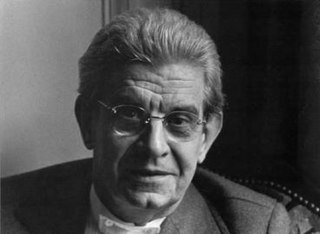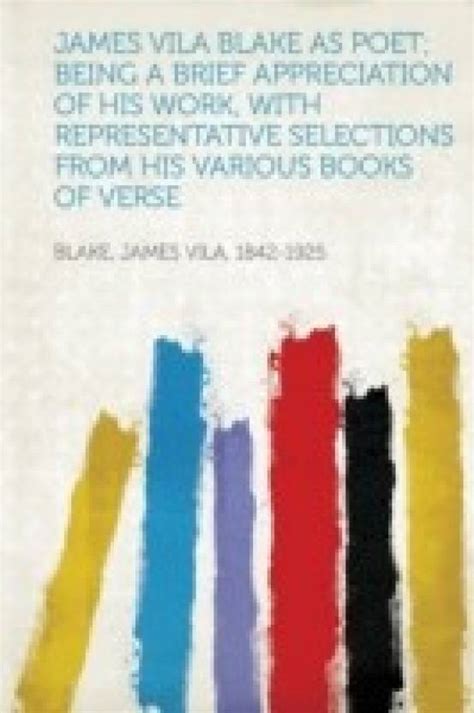A Quote by Jacques Lacan
Yet, analytical truth is not as mysterious, or as secret, so as to not allow us to see that people with a talent for directing consciences see truth rise spontaneously.
Quote Topics
Related Quotes
The soul is the perceiver and revealer of truth. We know truth when we see it, let skeptic and scoffer say what they choose. Foolish people ask you, when you have spoken what they do not wish to hear, 'How do you know it is truth, and not an error of your own?' We know truth when we see it, from opinion, as we know when we are awake that we are awake.
But there’s a reason we recognize Hamlet as a masterpiece: it’s that Shakespeare told us the truth, and people so rarely tell us the truth in this rise and fall here [indicates blackboard]. The truth is, we know so little about life, we don’t really know what the good news is and what the bad news is.
But compassion is a deeper thing that waits beyond the tension of choosing sides. Compassion, in practice, does not require us to give up the truth of what we feel or the truth of our reality. Nor does it allow us to minimize the humanity of those who hurt us. Rather, we are asked to know ourselves enough that we can stay open to the truth of others, even when their truth or their inability to live up to their truth has hurt us.
Truth, I have learned, differs for everybody. Just as no two people ever see a rainbow in exactly the same place - and yet both most certainly see it, while the person seemingly standing right underneath it does not see it at all - so truth is a question of where one stands, and the direction one is looking in at the time.
It is not for us to imagine that we can prove the truth of Christianity by our own arguments; nobody can prove the truth of Christianity except the Holy Spirit, by his own almighty work of renewing the blinded heart. It is the sovereign prerogative of Christ's Spirit to convince men's consciences of the truth of Christ's gospel; and Christ's human witnesses must learn to ground their hopes of success not on clever presentation of the truth by man, but on powerful demonstration of the truth by the Spirit.





































